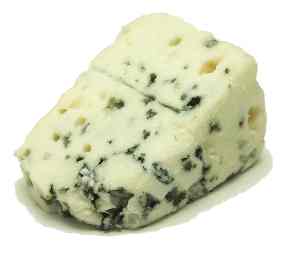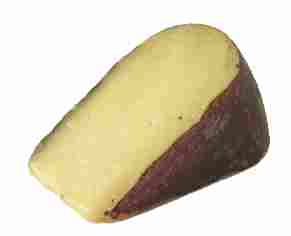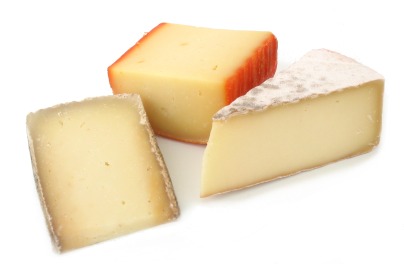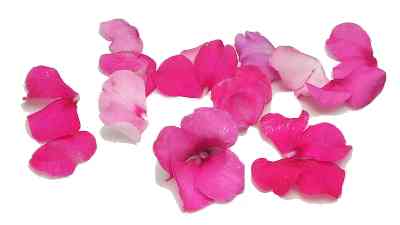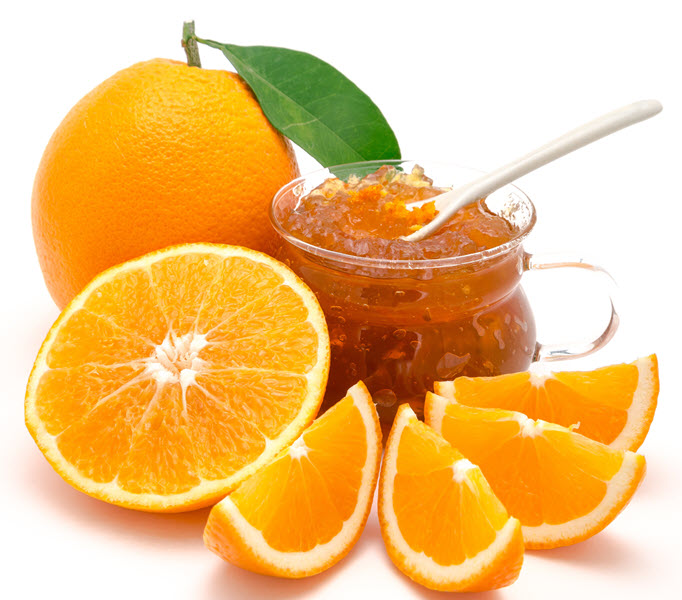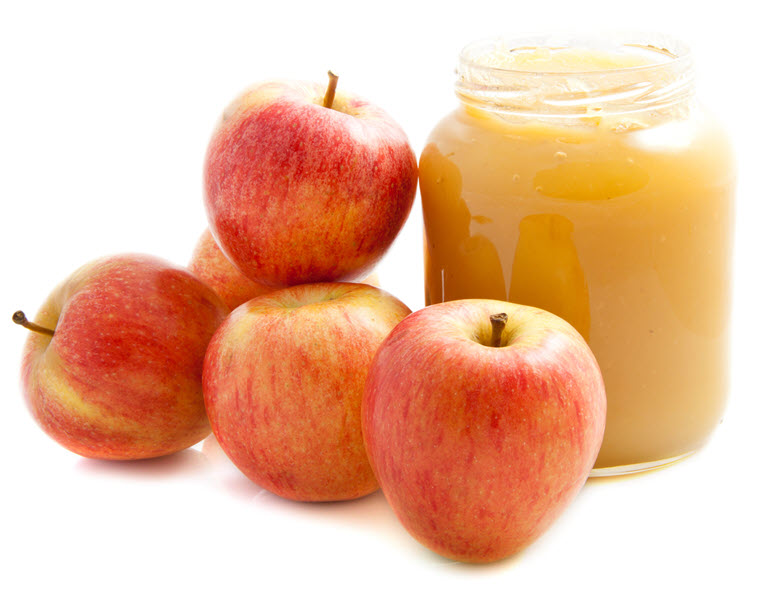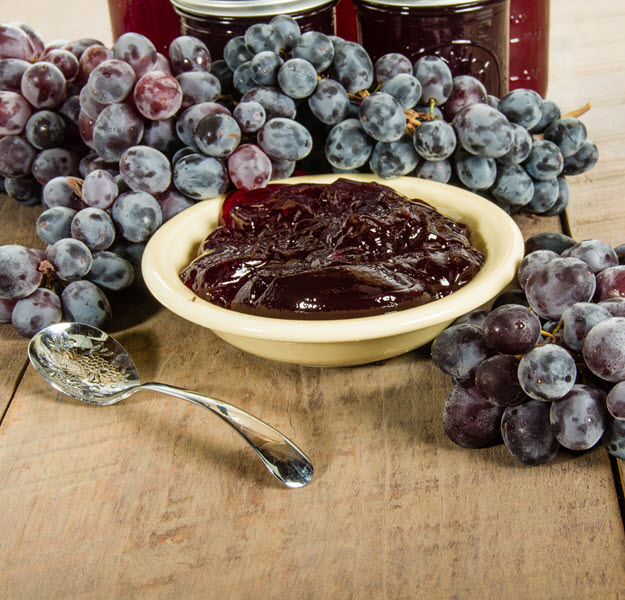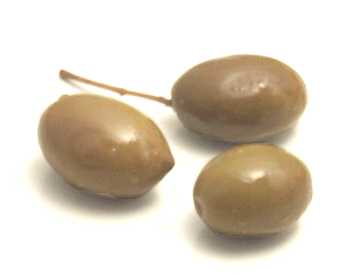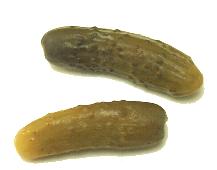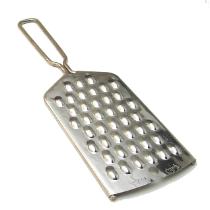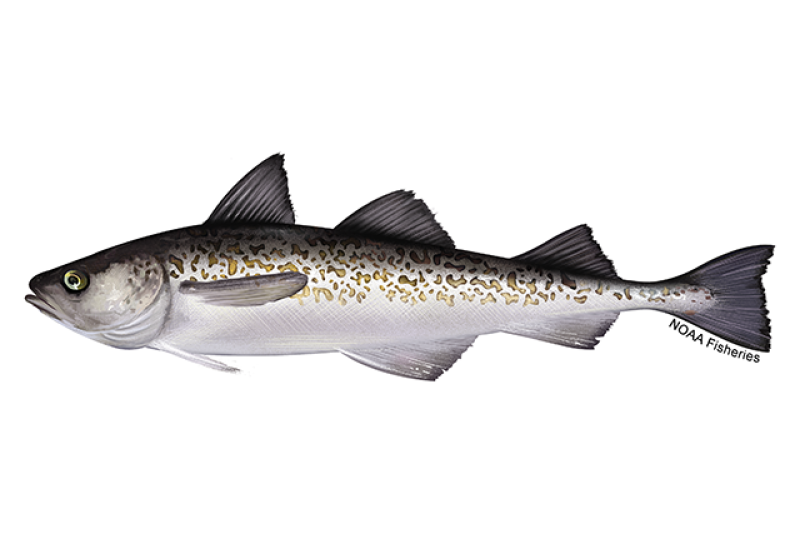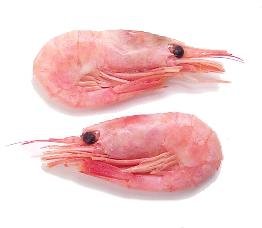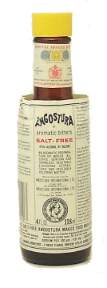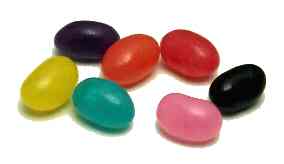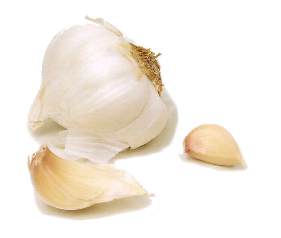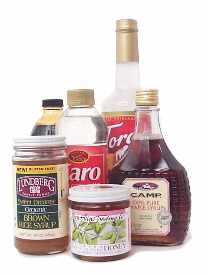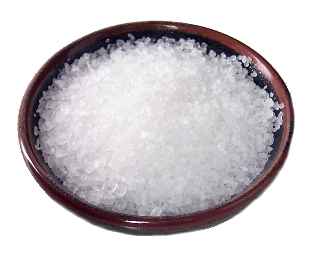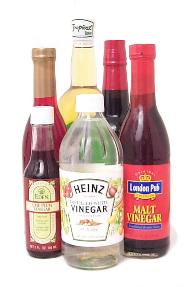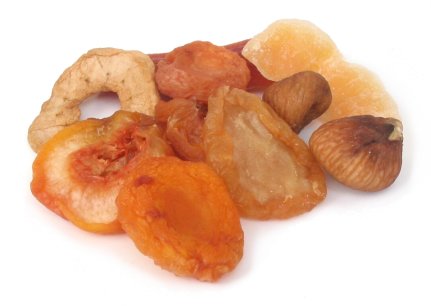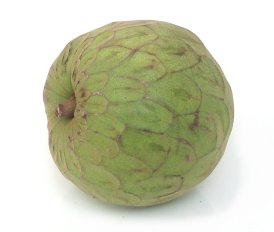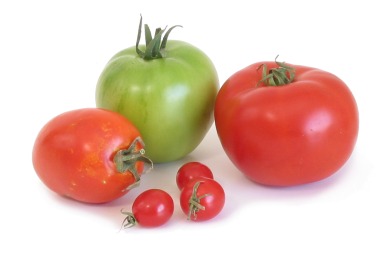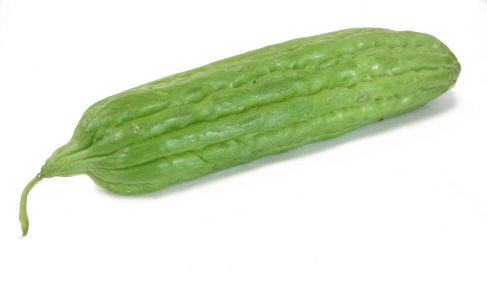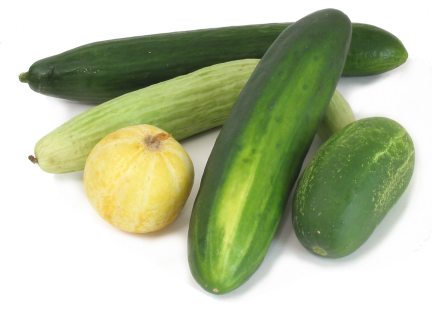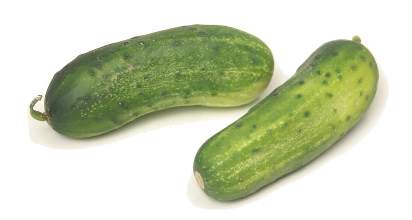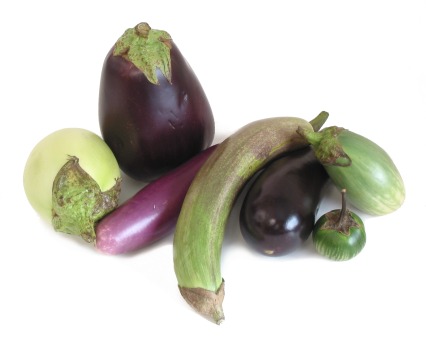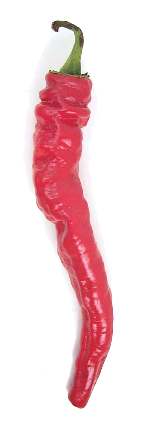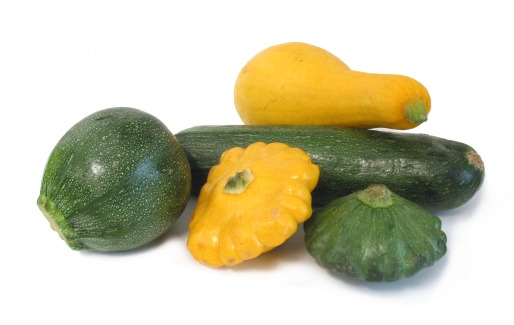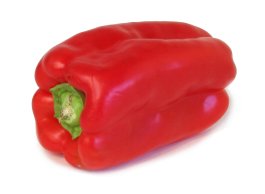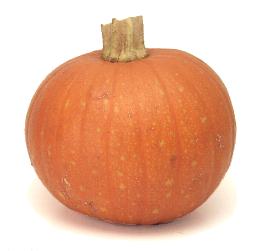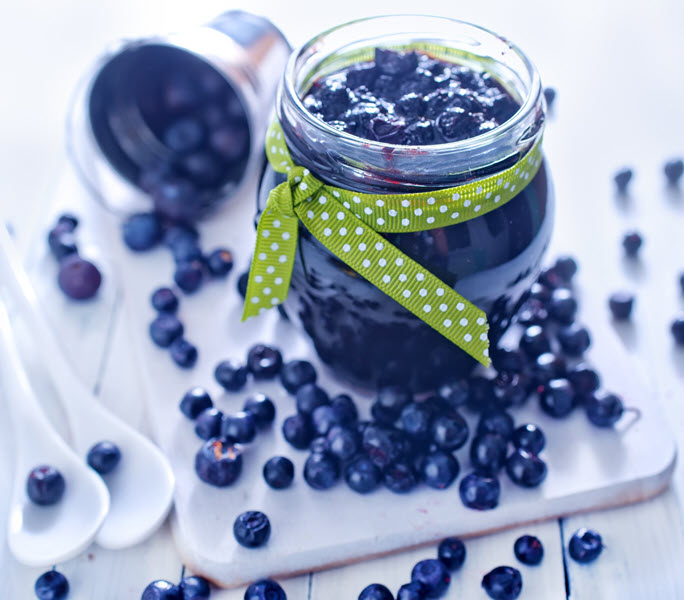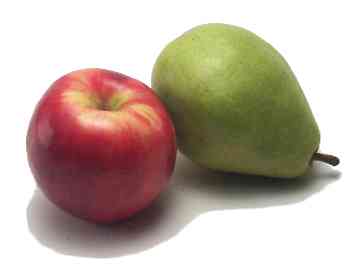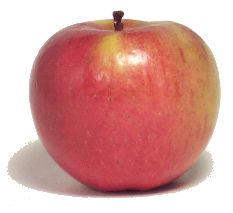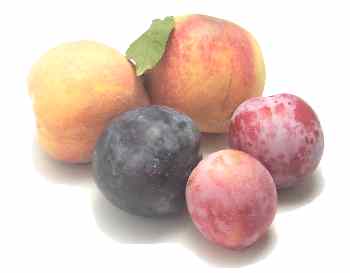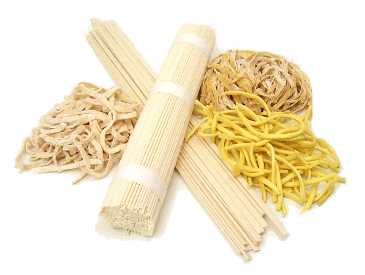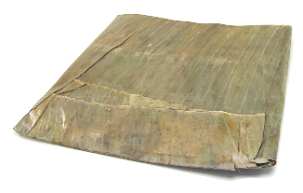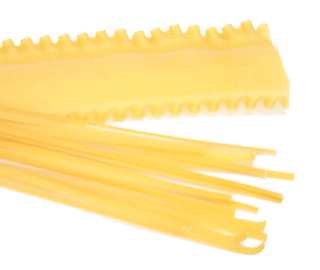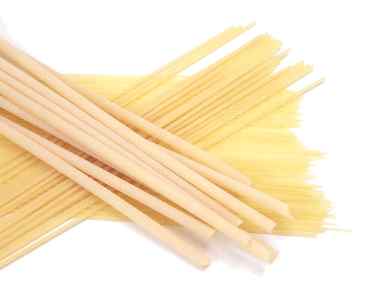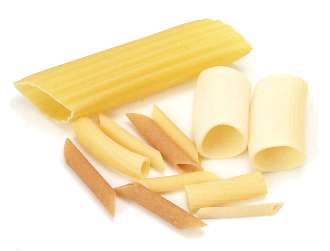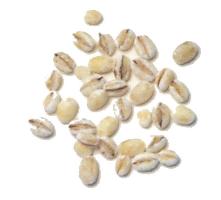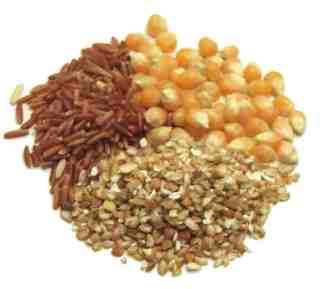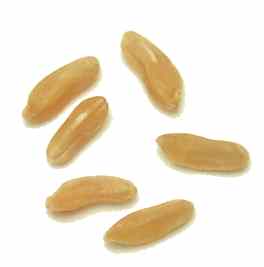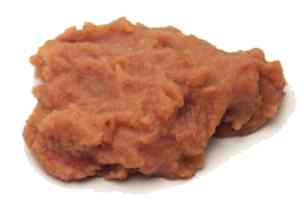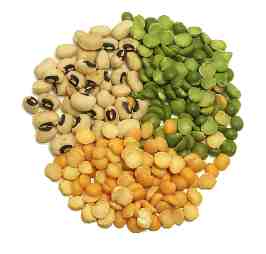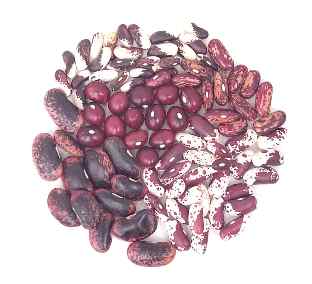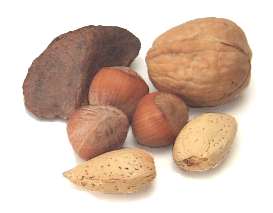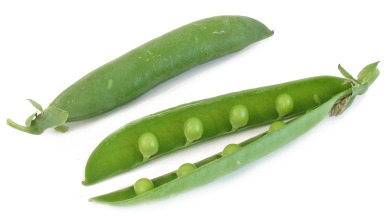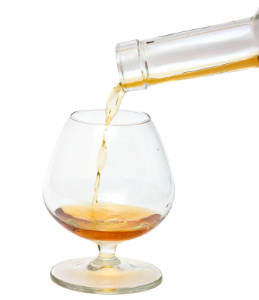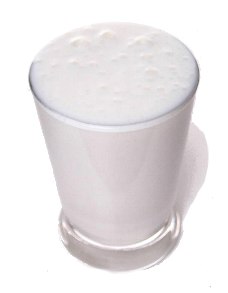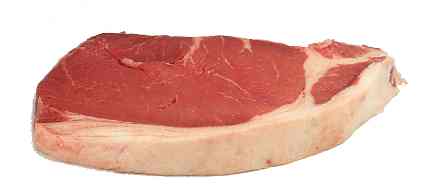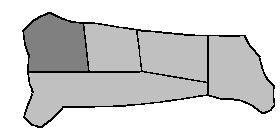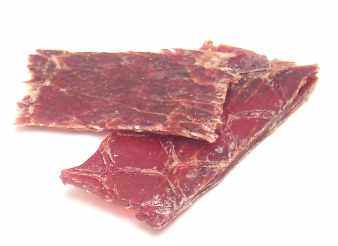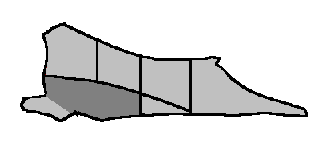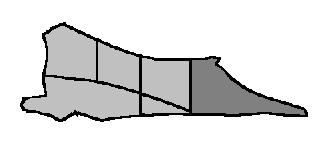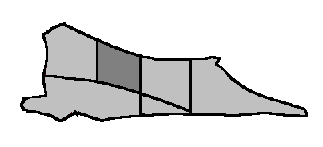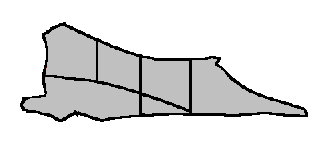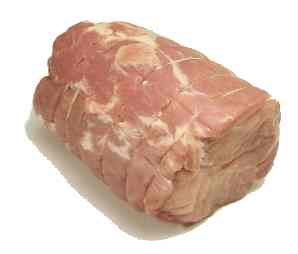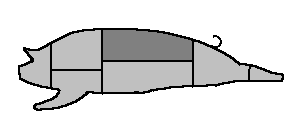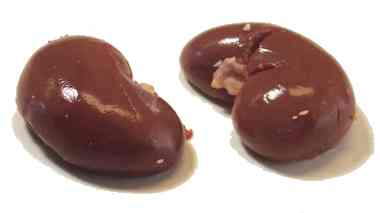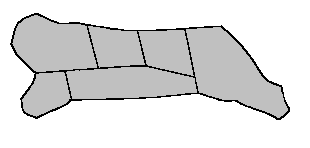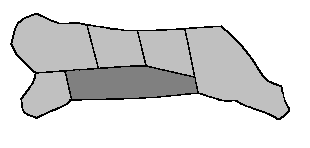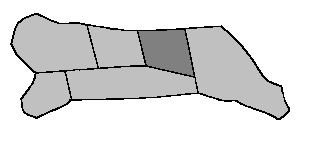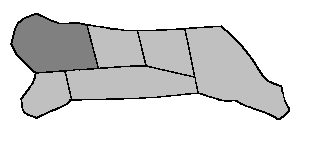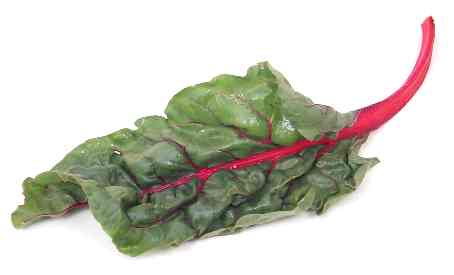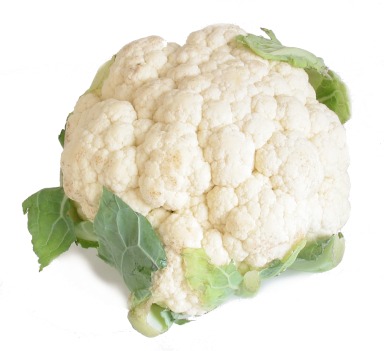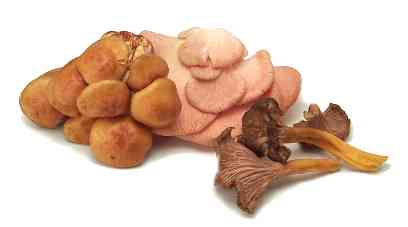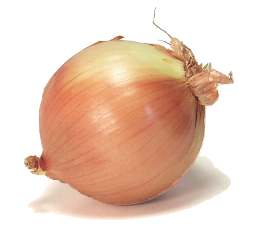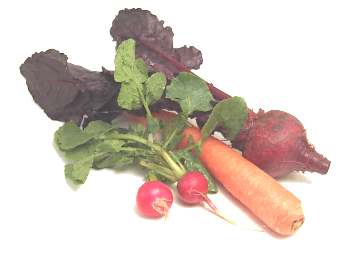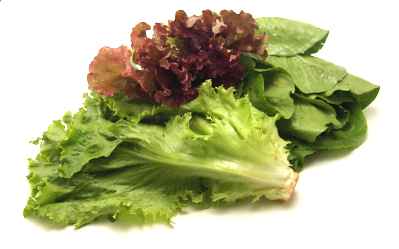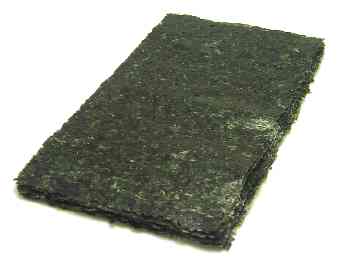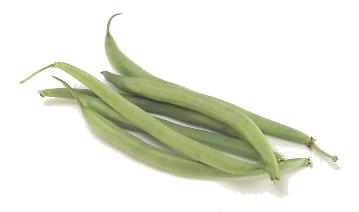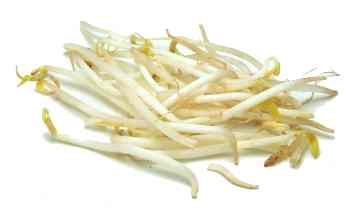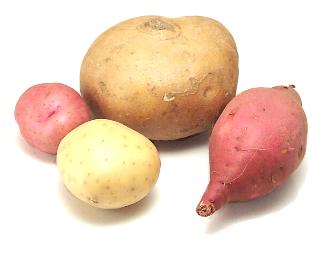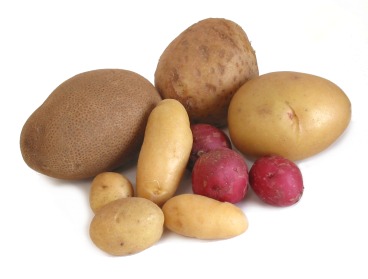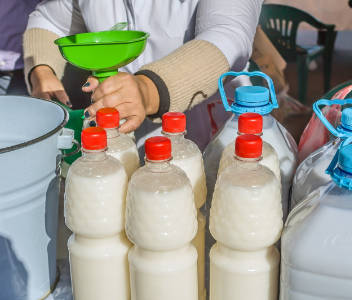Cultured Milk Products Category

Cultured dairy products have been fermented with live bacteria, which releases sour-tasting lactic acid. Since the bacteria breaks down milk proteins, cultured dairy products are easier to digest.
Varieties:
buttermilk
Despite its name and creamy consistency, buttermilk is relatively low in fat. It's sometimes tolerated by people with lactose intolerance since some of the lactose is fermented by bacteria. Most of the buttermilk found in supermarkets is cultured buttermilk, made by adding a bacterial culture to low-fat or nonfat milk. More authentic and tasty, though, is churn buttermilk, which is the liquid that remains after milk is churned into butter. Since recipes often call for just small amounts of buttermilk, many cooks use reconstituted powdered buttermilk. Churn buttermilk may require longer baking times than ordinary commercial buttermilk.
Learn morecrema
Cremas are the Hispanic version of sour cream. This category includes crema mexicana, which is similar to crème fraîche; crema centroamericana, which is a bit thicker and sweeter than crema mexicana; crema media, which is like whipping cream; crema Mexicana agria, which is thicker and more acidic than crema Mexicana and often used for savory dishes; and crema salvadoreña, which is thick like sour cream. Look for it in Mexican and Central American grocery stores.
Learn morecréme fraîche
This slightly sour thick cream doesn't curdle when it's heated, so it's ideal for making cream sauces. It's also used for appetizers and as a dessert topping. To make your own: Warm one cup heavy cream to about 100°, then add one or two tablespoons of sour cream, cultured buttermilk, or plain yogurt (make sure you buy a brand that contains active cultures). Allow the mixture to sit at room temperature for at least nine hours before refrigerating.
Learn morekefir
Kefir is like a thin, drinkable yogurt. It was originally made in Turkey out of camel's milk. It comes plain or flavored.
Learn morekumiss
Like kefir, kumiss is a beverage made from milk cultured with bacteria. Asian nomads originally made it with the milk of camels or mares, but commercial producers now use cow's milk.
Learn moreprostokvasha
Postokvasha is a thick sour milk popular in Russia. It is similar to yogurt or kefir.
Learn morequrut
Reconstituted dry qurut is an acceptable substitute for fresh. Where to find it: Middle Eastern markets.
Learn moresmetana
This is very hard to find in the United States, but some Eastern European markets carry it.
Learn moreyogurt
This is milk that's cultured with bacteria to make it thick and tangy. Ready-made yogurts are made from whole milk (with up to 4% butterfat), lowfat milk (with up to 2% butterfat), and skim milk (with up to .5% butterfat). Health buffs prefer brands that contain active cultures, which help keep their intestines populated with friendly bacteria. Many brands are heat-treated to destroy these cultures and increase shelf life. Yogurt often comes with added flavorings and thickeners. Flavored yogurts are made with artificial sweeteners to reduce calories. Lactaid makes a lactose-reduced yogurt, but many people with lactose intolerance can tolerate ordinary yogurt, especially brands that contains active yogurt cultures. Larger markets also carry yogurt made from soy milk and goat's milk, but these don't work well in delicate desserts. Organic yogurts also are available.
Learn more

